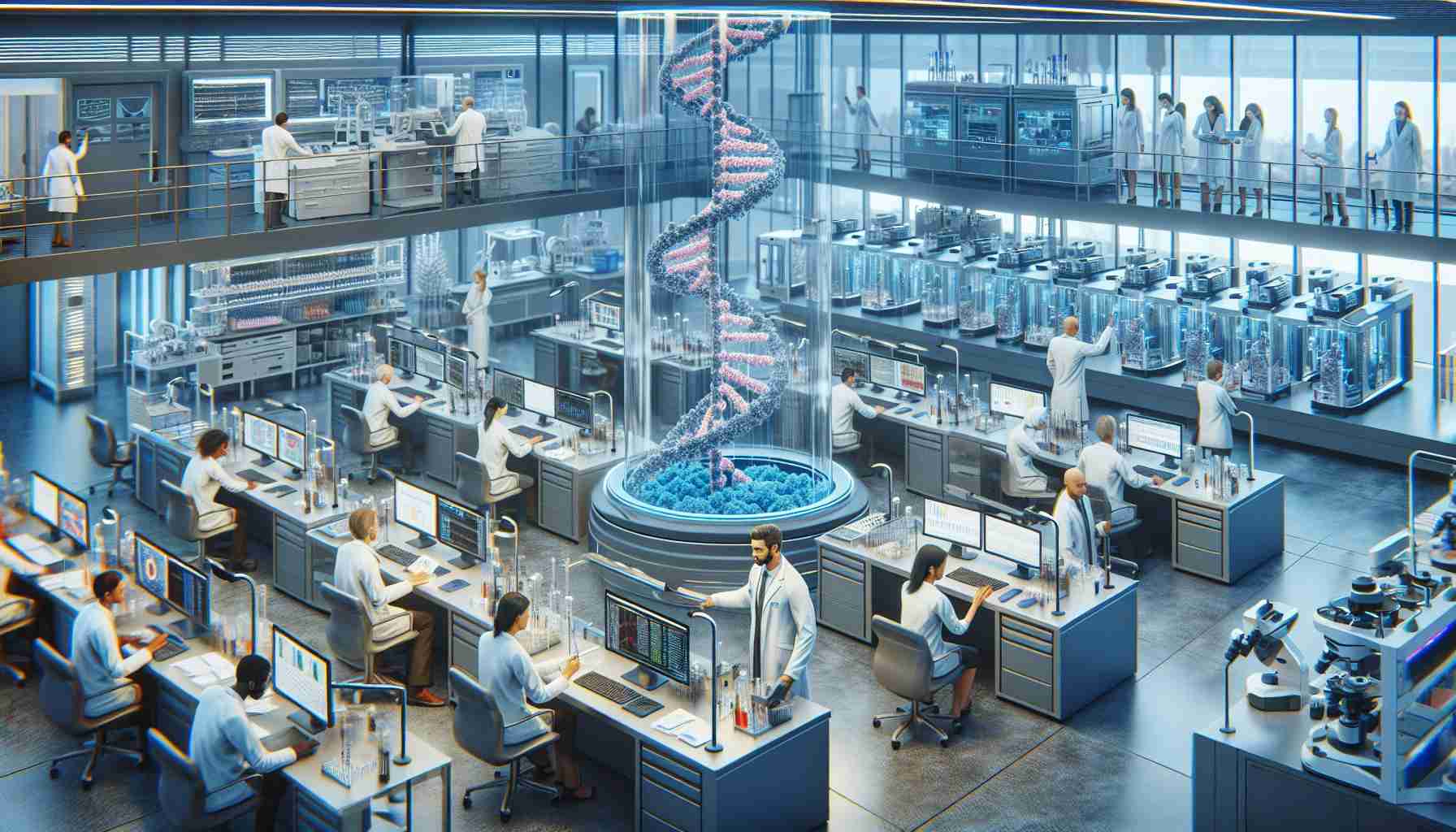New Regulations and Challenges
Europe is at a crossroads when it comes to regulating emerging biotechnologies. While stringent oversight is necessary for market transparency and predictability, overemphasis on risk management could hinder the continent’s technological advancement. According to Prince Constantijn, focusing solely on risk prevention might relegate Europe to a mere consumer of cutting-edge technologies rather than an active producer influencing their development.
Lessons from the GMO Debate
Reflecting on the GMO (genetically modified organisms) controversy of the past, the EU imposed a decade-long ban on new approvals of genetically modified crops due to health concerns. This led to the implementation of strict regulations surrounding GMOs, aimed at safeguarding public health and the environment. The precautionary approach taken by the EU highlighted the importance of balancing innovation with safety measures in the biotechnology sector.
Encouraging Innovation
Prince Constantijn emphasized the need for a balanced regulatory framework that fosters innovation while ensuring accountability. Drawing parallels to the gene-editing technology debate, he highlighted the risks of being overly cautious and falling behind in technological advancements. The Prince’s insights challenge policymakers to create a conducive environment that encourages responsible innovation without stifling progress.
Envisioning a Dynamic Biotech Landscape
As Europe navigates the intricacies of biotechnology regulation, finding the right balance between risk management and innovation will be crucial. By learning from past experiences and embracing a forward-looking approach, the continent can position itself as a proactive player in shaping the future of biotechnology on a global scale.
Unleashing the Potential of Biotechnology in Europe: Emerging Opportunities and Challenges
Europe stands on the cusp of a biotechnological revolution, with opportunities and challenges shaping the future landscape of innovation in the region. As discussions evolve and regulations begin to take shape, certain critical questions emerge, guiding the discourse towards a progressive and sustainable biotech future.
Key Questions:
1. How can Europe strike a balance between regulation and innovation in biotechnology?
Answer: Striking a delicate balance between regulatory oversight and fostering innovation is essential for Europe to maintain its position as a global leader in biotechnology. Overregulation can stifle creativity and impede progress, while inadequate oversight may pose risks to public health and the environment.
2. What are the primary challenges associated with adopting new biotechnologies in Europe?
Answer: Implementing new biotechnologies in Europe faces challenges ranging from public acceptance and ethical considerations to regulatory hurdles and access to funding. These challenges underscore the intricate nature of biotech advancement and the need for comprehensive strategies to address them effectively.
Key Challenges and Controversies:
One of the primary challenges facing Europe is the varying attitudes towards biotechnological advancements among member states. While some countries embrace innovation wholeheartedly, others exhibit caution, citing concerns over potential risks and ethical implications. This diversity of opinions underscores the complex landscape within which biotechnological progress unfolds.
Advantages and Disadvantages:
Advantages:
– Enhanced medical treatments and therapies
– Improved agricultural productivity and sustainability
– Economic growth and job creation
– Potential solutions to global challenges such as climate change and food security
Disadvantages:
– Ethical dilemmas surrounding gene editing and human enhancement
– Environmental risks associated with genetically modified organisms
– Socioeconomic disparities in access to biotechnological advancements
– Regulatory uncertainties leading to market instability
In navigating the future of biotechnology in Europe, a careful consideration of these advantages and disadvantages is imperative to guide policy decisions and public perceptions effectively.
As Europe embraces a dynamic biotech landscape, it is crucial to address these challenges head-on, leveraging lessons learned from past debates and controversies. By fostering a collaborative environment that encourages innovation while upholding safety standards, Europe can harness the full potential of biotechnology and position itself as a beacon of progress in the global biotech arena.
For further insights on the evolving biotechnological landscape in Europe, visit europa.eu.

